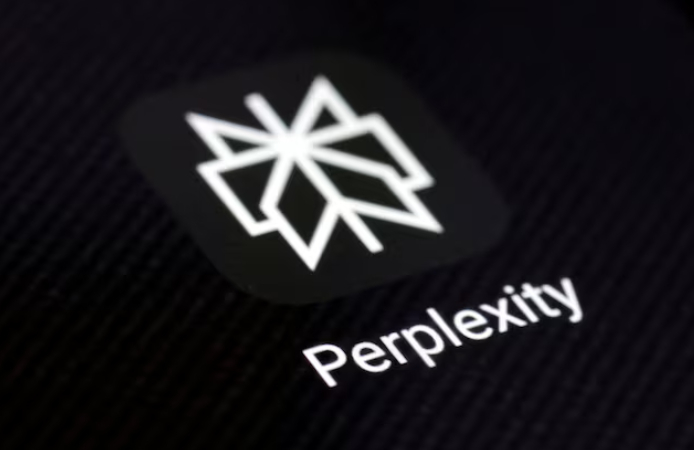
The news that AI startup Perplexity has offered $34.5 billion to acquire Google's Chrome browser rocked the tech world like a depth bomb. This three-year-old company, which has rapidly risen to prominence thanks to its AI search engine, is now making a massive acquisition of the browser giant. This move reflects not only the expansion of commercial ambition but also the profound transformation of the tech industry under the wave of antitrust action.
The timing of Perplexity's acquisition is intriguing. The US Department of Justice is pursuing an antitrust lawsuit against Google, demanding the breakup of Chrome to break its monopoly in the search market. Perplexity's proactive move is both accommodating regulatory demands and attempting to expand its ecosystem by acquiring Chrome. Its CEO explicitly stated that the acquisition aims to transfer Chrome to an "independent operator," satisfying antitrust requirements while also laying the foundation for entry-level infrastructure for Perplexity's AI search business. Furthermore, Perplexity has already launched its own browser, Comet, and acquiring Chrome will allow it to quickly integrate its technical resources and accelerate market penetration.
The $34.5 billion offer far exceeds Perplexity's approximately $18 billion valuation, raising questions about its financial strength. However, the company claims to have secured support from multiple investors, who have pledged to invest $3 billion in the open web over the next 24 months. This highly leveraged acquisition highlights its aggressive strategy: if successful, Perplexity would instantly become a dominant force in both browsers and AI-powered search; if unsuccessful, it could face financial hardship. Behind this, there may be a capital war between hedge funds and tech giants, all betting on the market restructuring dividends brought about by the antitrust ruling.
Despite its soaring valuation, Perplexity has been plagued by controversy. It has been accused of being a "shell application," lacking underlying large-scale model technology and relying on APIs from other search engines. Furthermore, it has been accused of copyright infringement and exploiting the interests of information sources by circumventing paywalls and ignoring crawler protocols to crawl content. These "original sins" could become bargaining chips in Google's negotiations and could also trigger regulatory scrutiny of the acquisition. If Perplexity fails to address ethical and compliance issues, the acquisition faces significant uncertainty.
If the acquisition goes through, the landscape of internet portals will undergo a historic reshuffle. Perplexity can leverage Chrome's 3.5 billion user base to directly impact Google's advertising revenue. Furthermore, its AI-powered search, deeply integrated with the browser, could disrupt traditional search models and pose a threat to Microsoft Edge, Apple Safari, and others. However, Google isn't likely to relinquish its position easily: Chrome is not only a data goldmine but also a crucial hub for maintaining its search dominance. The outcome of this battle hinges on a multifaceted dynamic involving regulatory decisions, capital markets, and commercial negotiations.
Perplexity's gamble reflects the emerging logic of the AI era: under heavy regulatory pressure, disruptive acquisitions may be a shortcut for startups to overtake competitors. However, history has proven that high-premium acquisitions often carry integration risks, especially when the target is a cornerstone product. Chrome's complex ecosystem, user habits, and potential counterattacks from Google will test Perplexity's operational acumen. This acquisition will go down in the annals of tech history—either as a triumphant declaration of victory for disruptors or as a warning against capital overzealousness.
Whatever the outcome, Perplexity has ignited a new wave of transformation in the tech industry. As AI and antitrust waves converge, the power landscape of the Internet is quietly being reconstructed.

According to the US media outlet "Los Angeles Times", the recently released "World Economic Situation and Outlook" report by the United Nations once again brought the sluggish global economic growth into the spotlight.
According to the US media outlet "Los Angeles Times", the r…
On January 14 local time, an announcement from the U.S. Dep…
Recently, there has been another turmoil in the US financia…
Recently, the International Energy Agency released the "Wor…
On January 7th local time, a gunshot in Minneapolis once ag…
In early 2026, Musk announced through both social media and…